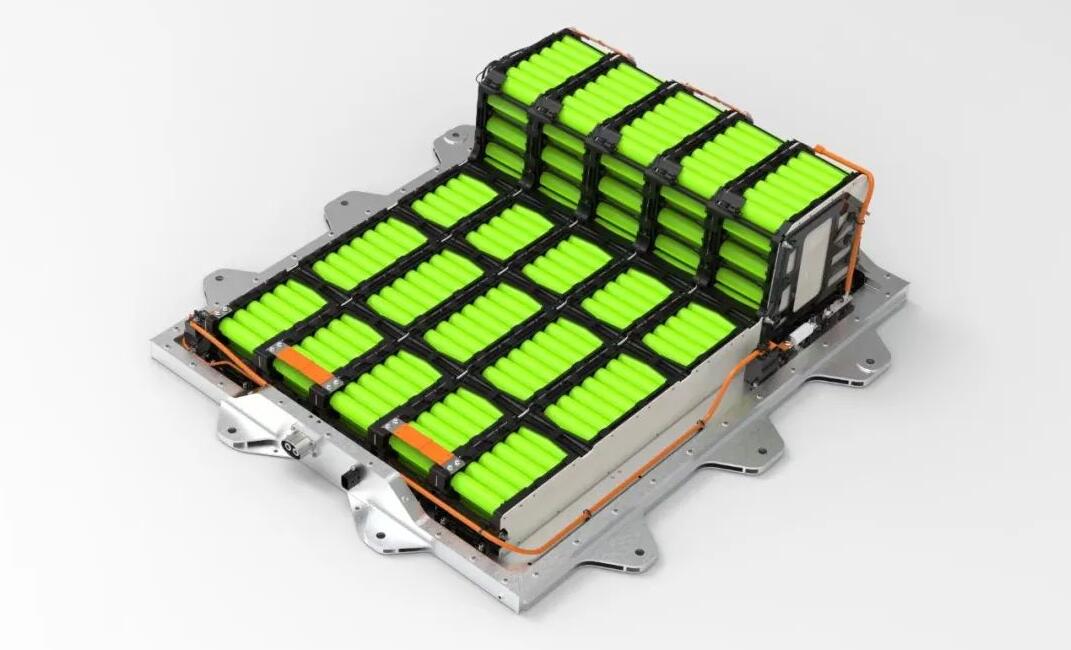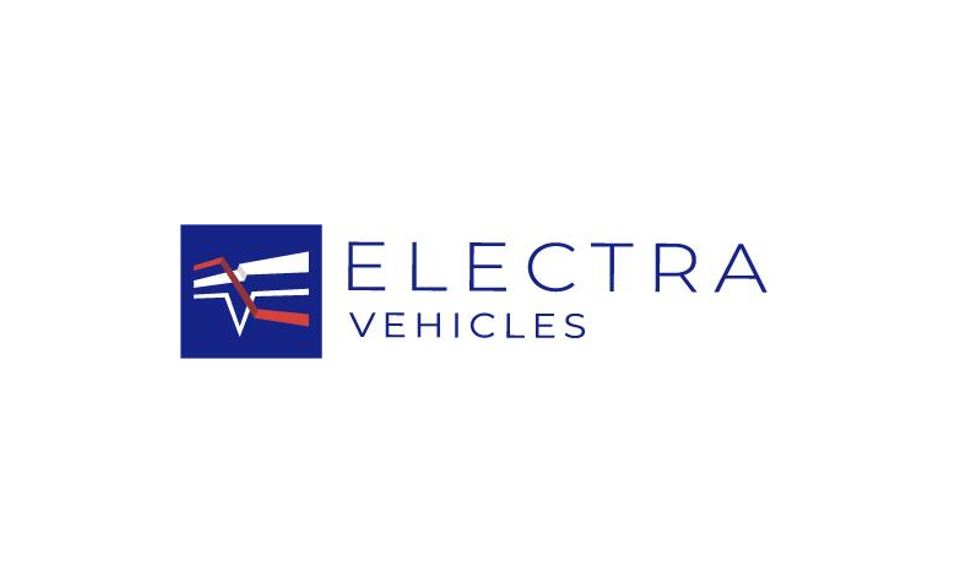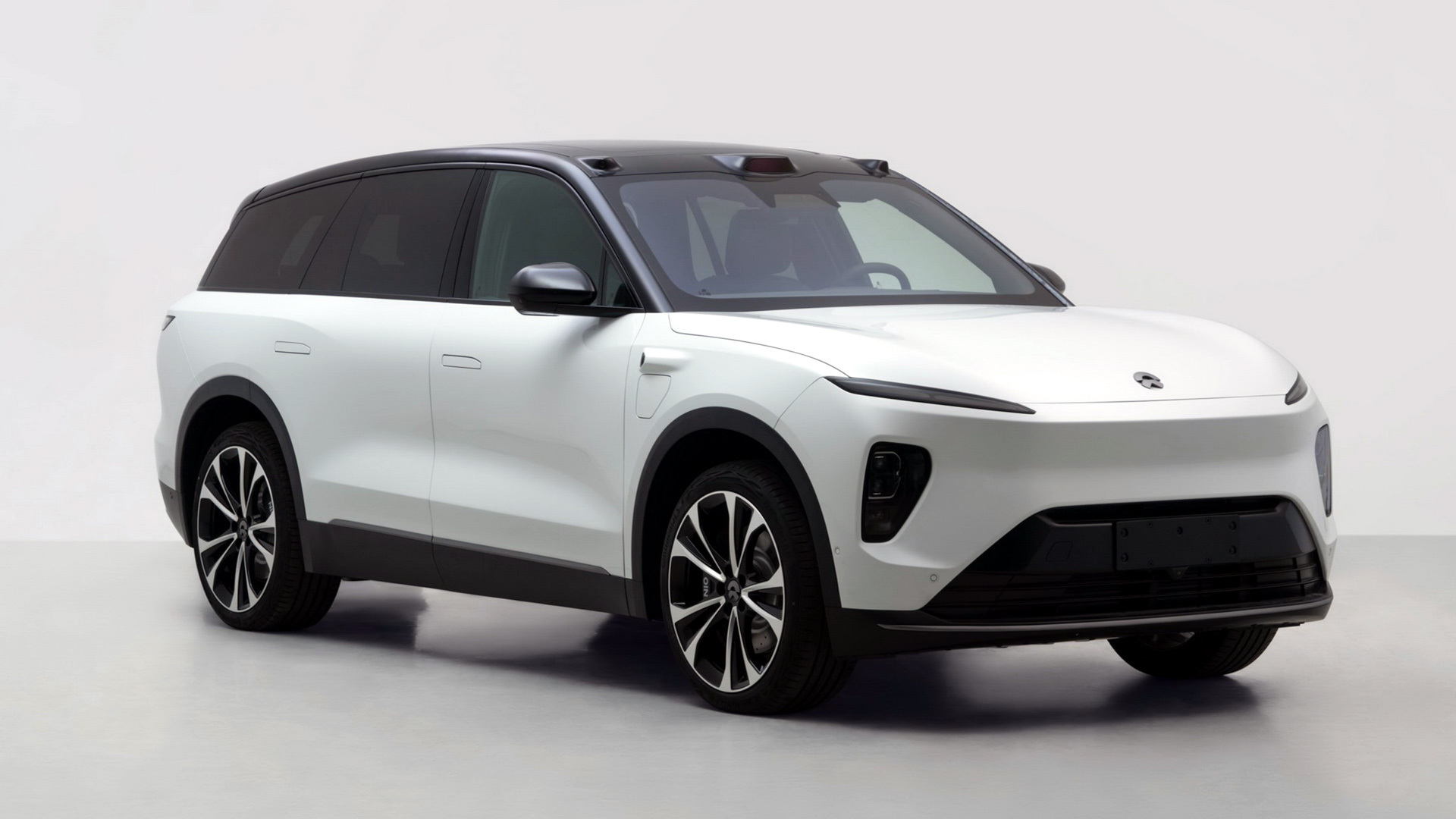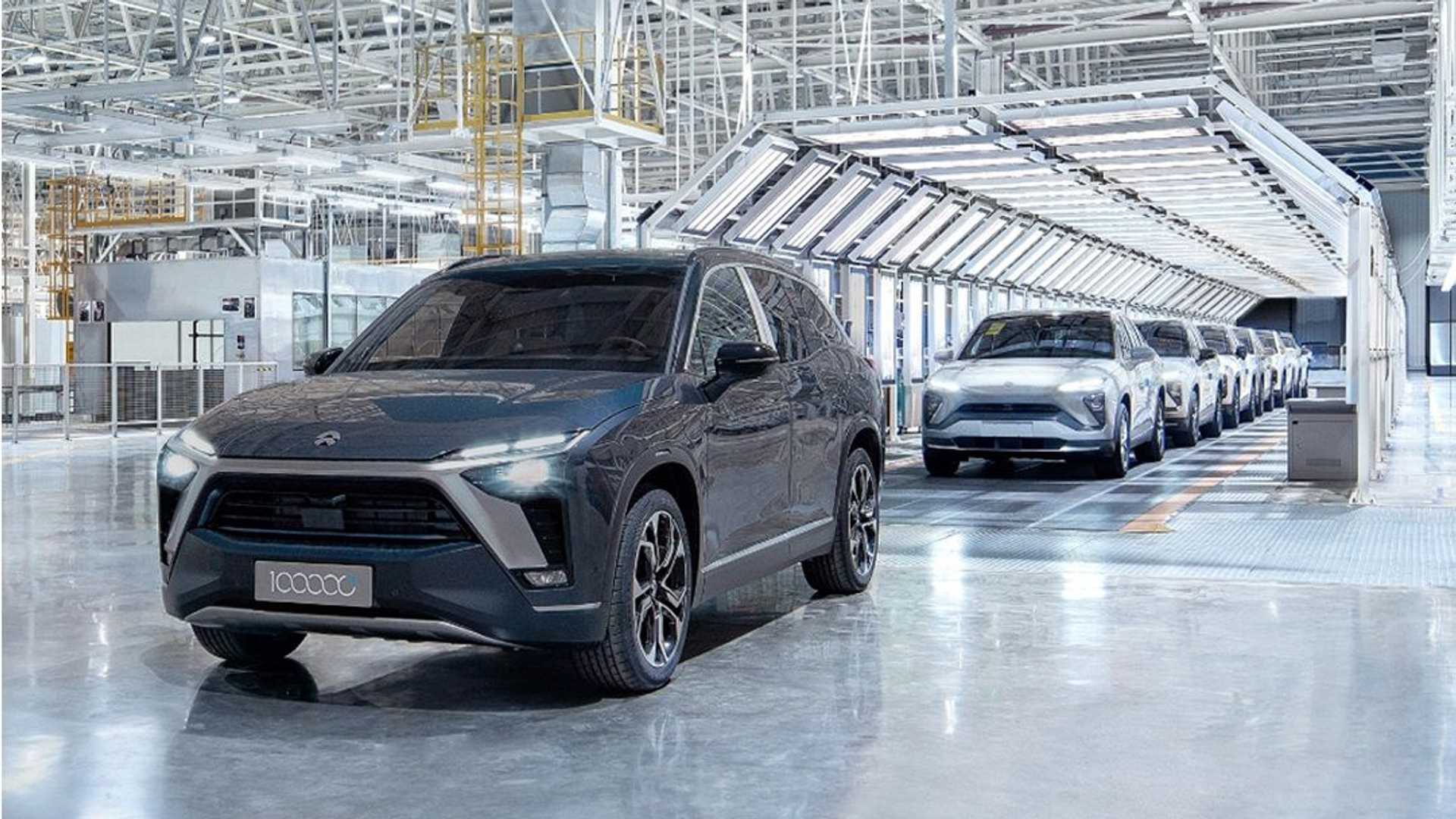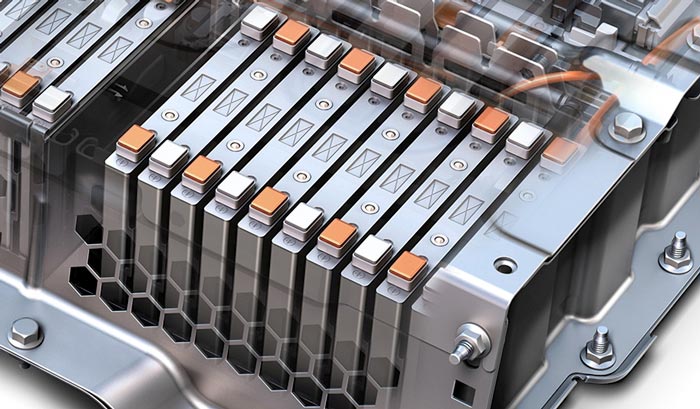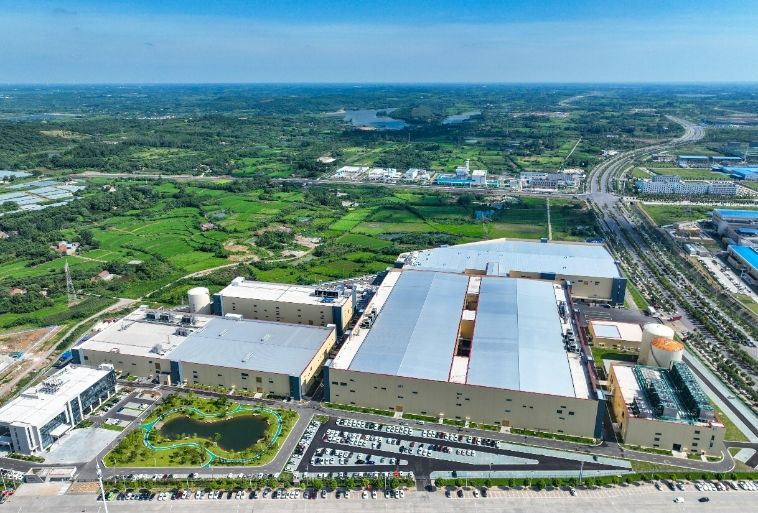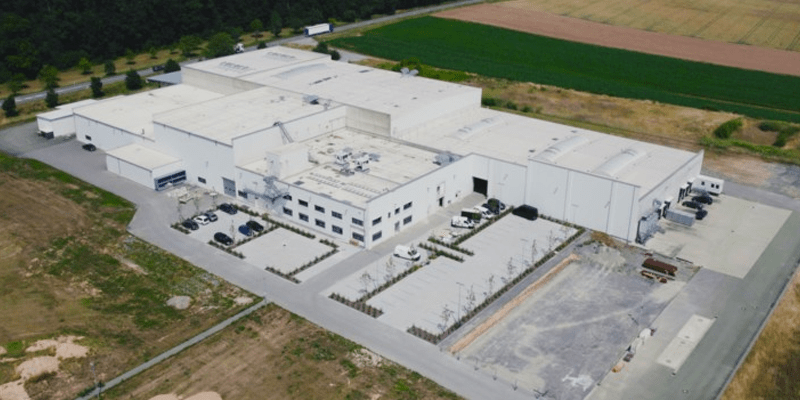An up-and-coming Chinese power battery maker, Hina Battery, has taken the automotive world by surprise by starting to incorporate sodium-ion batteries in passenger cars, potentially marking the beginning of a new era in the battery industry and in the market for affordable passenger electric vehicles (EVs).
At the beginning of the year, Hina Battery unveiled three sodium-ion battery cell products, followed by the announcement of a partnership with Anhui Jianghuai Automobile Group Corp (JAC), making one of its models the first to carry sodium-ion batteries. Sehol, a joint venture brand between JAC and Volkswagen Anhui, worked alongside Hina Battery to jointly build a test vehicle with sodium-ion batteries based on Sehol EX10’s model.
See also: BYD to start mass-produce sodium-ion batteries in Q2 2023 : report
The test vehicle has a battery pack with a capacity of 25 kWh and an energy density of 120 Wh/kg, providing a range of 252 km and supports fast charging of 3C to 4C. The battery pack uses cells with an energy density of 140 Wh/kg, which is slightly lower than the higher capacity pack of the regular version of the Sehol EX10. The Sehol EX10 is currently available in seven versions with a price range of RMB 46,900 ($6,810) to RMB 76,400.
Hina Battery’s executives have stated that they believe the application of sodium-ion batteries in the new energy vehicle market will start with A00-class EVs, which is why they chose a model like the Sehol EX10 for their installation trials. As sodium-ion battery technology and performance continue to mature, they may be suitable for mid- to large-sized EVs.
Sodium-ion batteries are known for having an energy density between lithium-ion and lead-acid batteries, but with a lower cost than lithium-ion batteries. Analysts believe that sodium-ion batteries are suitable for areas that do not require high energy density but are cost-sensitive, making them an ideal choice for energy storage and two-wheeled vehicles.
See also: Pusan National University Researchers Develop Efficient Sodium-Ion Battery Anode for Energy Storage
In addition to the announcement of the sodium-ion battery-equipped test vehicle, Hina Battery has officially launched three sodium-ion battery cells, which are geared towards mainstream market demand and have the advantages of long life, wide temperature range, and high power. Hina Battery’s executives have stated that their sodium-ion battery products will be widely used in two-wheelers, passenger cars, commercial vehicles, home and commercial and industrial energy storage, and large-scale energy storage.
The introduction of sodium-ion batteries in passenger cars marks a significant milestone for Hina Battery and the EV industry as a whole. As the industry continues to mature, there is no doubt that more EV manufacturers will follow suit and begin incorporating this promising technology in their vehicles.

